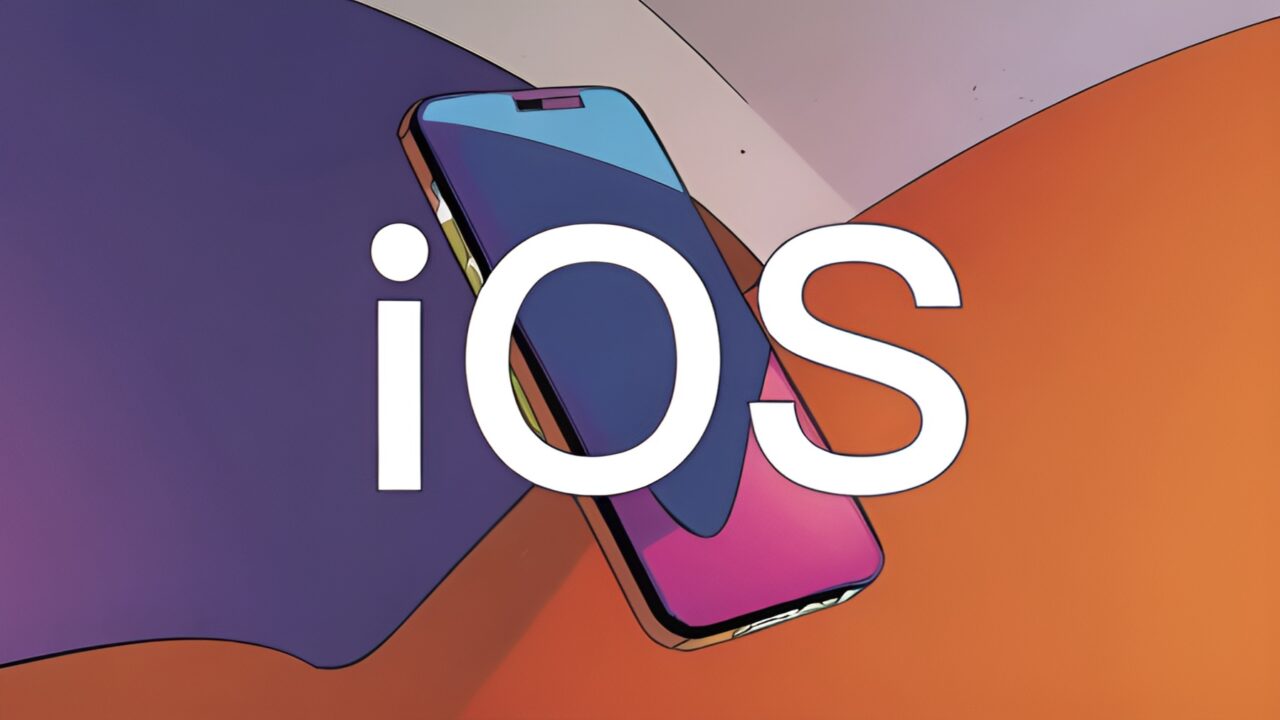Apple has taken another step to keep its ecosystem constantly updated by stopping the signing of iOS 17.6. If you’ve upgraded your iPhone to a newer version, there’s no turning back now. It’s no longer possible to revert to iOS 17.6. So, what does this mean for those who were using this version?
Apple Bids Farewell to iOS 17.6: No More Downgrades, Only Upgrades!
Typically, Apple stops signing older iOS versions a few weeks after releasing a new one, and iOS 17.6 is no exception. On August 8th, the company released the iOS 17.6.1 update, and soon after, made iOS 17.6 an irreversible version.

This policy is mainly designed to ensure that users are always running the most up-to-date and secure version of iOS. New updates not only introduce new features but also close security vulnerabilities. However, sometimes the issues that come with new versions or the desire to revert to a familiar older version can make these decisions controversial.
iOS 17.6 was primarily focused on security improvements. But shortly after, Apple released iOS 17.6.1, which includes “important bug fixes” and resolves an issue related to enabling or disabling the advanced data protection feature.
This raises a question: Does Apple’s policy of stopping the signing of older versions limit user flexibility? Many users might want to revert to older versions for various reasons, such as believing that a certain app works better on an older version or encountering bugs in the new update. However, Apple prefers users to always stay on the latest version.
This can sometimes be frustrating, especially for more tech-savvy users. It’s important to consider how users feel about such decisions. For those who favor older versions or encounter issues with new ones, this might be disappointing.
What do you think? Share your thoughts in the comments section below.














